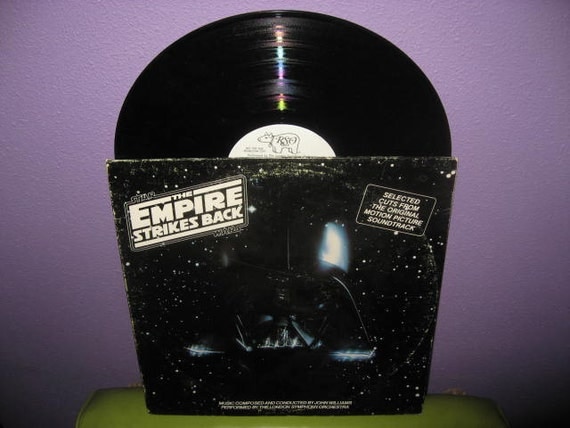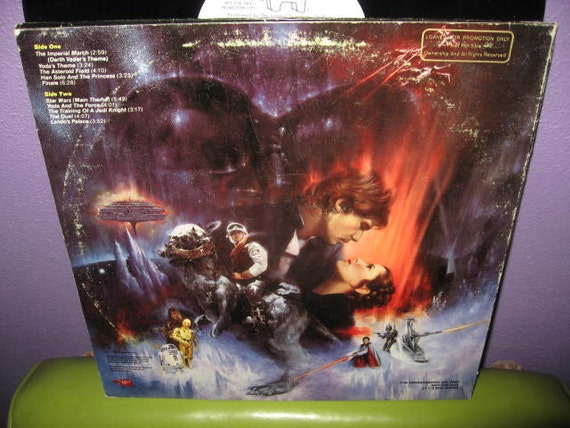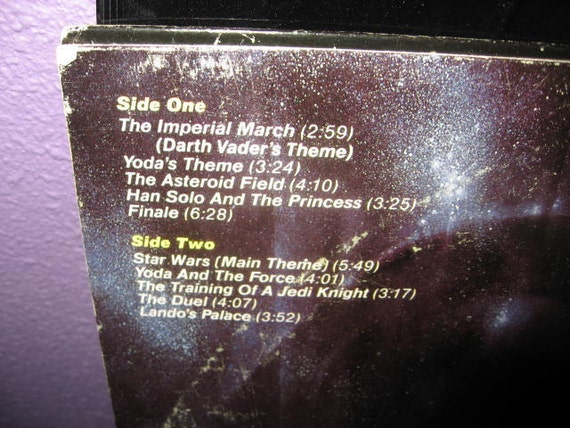On Rey’s Theme:
“It’s an interesting challenge with her, because her theme doesn’t suggest a love theme in any way. It suggests an adventurer, a female adventurer, but with great strength. She’s a fighter, she’s infused with the Force, and it needed to be something that was strong but thoughtful. She’s a very young girl, but she’s a woman of diverse parts, and so there’s a maturity, I think, about the approach, melodically, to her that I hope will fit her. It seemed particularly challenging, both in the scavenger section in the beginning and in the trip to the island to find Luke in the end, where her theme is pretty fully realized with the orchestra. And it seemed to the right degree of strength and beauty for an adventuress.”
Rey’s theme shares a chordal relationship with the Force theme, and Williams counterpoints the two during the end credits.
“The idea of bringing them together at the end came together at the end. I don’t think I ever played them actually simultaneously until then.”
Williams’ introduction to Rey is scored with flute, celeste, and piano—a surprisingly fragile and interior sound juxtaposed against the enormous, galactic backdrop of a beached star destroyer.
“I thought that something very delicate at that moment… particularly coming after the first reel and the attack on Jaaku, and we’ve just seen her face disguised and so on… and there’s a short flute cadenza when she drinks the water from her emptying canteen, which is a fabulous shot. And I thought that the sand slide should not be big and broad, but make it big when she arrives at her machine and drives off with that. And that we would hear something very delicate, and with some speed in it, though. That I thought would enhance that shot more than something broad and big. And I played it for JJ on my piano here at the house, and he thought also it was a good idea, and we said, ‘We’ll do it.’ And we did it, and I hope it’s right.”






